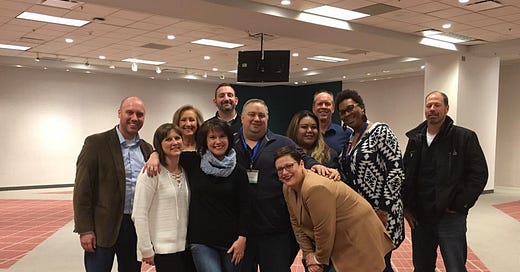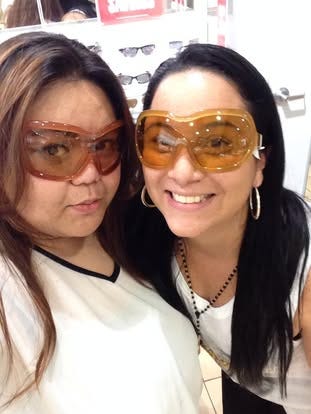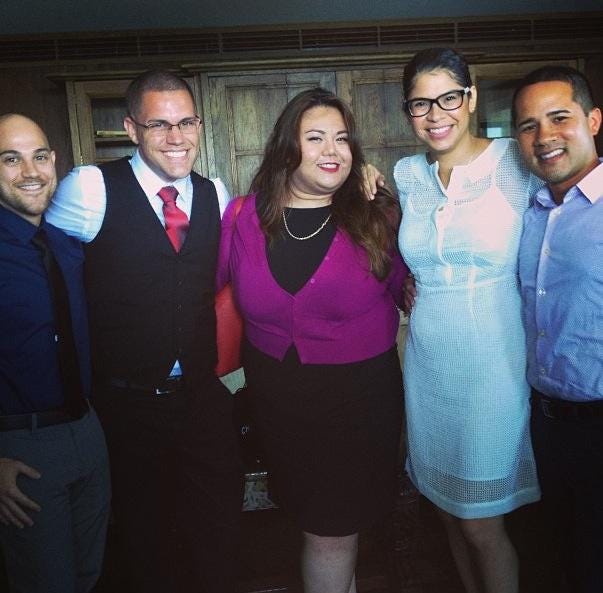If you’re the emotionally intelligent one in your workplace, this is for you. You’re probably the one who senses tension before it breaks. Who smooths out awkward dynamics in meetings. Who helps two team members find common ground after a conflict. Who can tell when someone’s off, even if they haven’t said a word. And most of the time… you do it without anyone noticing. Because it’s not in your job description. Because it doesn’t show up on performance reviews.
Because it’s invisible labor, and it’s emotional.
Take a moment and name it, the invisible burden you carry.
You know how to:
De-escalate without making it look like a big deal
Absorb tone shifts in real time and adjust accordingly
Read between the lines of someone’s “I’m fine”
Make sure other people feel safe, seen, and supported
And it takes energy. Sometimes, all of it.
Ready for the reveal? this might hurt, I know it hurt writing it. The hard part? People assume you’re “just good with people.”
They don’t see the cost. The internal calculations. The emotional buffering you’re constantly doing.
But Mia, why does it feel so burdensome? Why am I always so tired? Why is it draining me? I LOVE DOING THIS, it’s who I am, it is what makes me me.
Also another piece of truth you may not be ready to hear out loud, but more than likely know:
Emotional Intelligence Isn’t Free!
EI is often treated like a character trait, something you “just have.” That is someone’s way of devaluing what is it at its core, because EI work, it’s not just something you have. It’s a skillset. A toolkit. A form of leadership. And it’s exhausting when it’s only one-way. Some people are naturally great with EI but for the vast majority, we work at it to make it better, to be better, why? Varied reasons, but for me? Born out of my trauma for making a name for myself or growing up in a home where I had to regulate my own emotions, but EI for me was a way to show up for people when no one showed up for me that way.
If you’re the only one in the room tracking the emotional climate, managing conflict, and creating safety, you’re not just leading; you’re caretaking the culture. The strongest leaders continue to build the culture after they create it, its taxing but leading with that level of EI is worth it to make sure your team is happy.
EI isn’t just about the way that you lead, it’s the steps and after plans you make to avoid emotional wake, it’s the way you provide a culture of learning and feedback, it’s about the way you coach and create a cycle of coaching and support. Truthfully, EI varies a lot and it shows up in many forms.
A leader who consistently leads with EI, that builds or create teams with that in mind, bring so much value to organizations.
We need to start valuing it.
Emotional labor is labor. And if we want healthier workplaces, we have to start:
Naming it
Distributing it
Compensating it
Because EQ shouldn’t mean you get saddled with every interpersonal issue. It should mean you’re respected for the energy you bring and the dynamics you hold.
If this is you, I want you to know:
Your work matters.
Even if no one names it.
Even if you’re tired.
Even if you’re still figuring out how to hold space for others and yourself.
You deserve a workplace that knows how much leadership you’re doing, especially the kind that doesn’t get credit.
As always, thanks for spending a little time in my brain, I don’t take it lightly. Keep feeling. Keep questioning. Keep showing up.
That’s a whole lot of Em-ergy.
Catch you next time,
Mia Marie








More conversation around emotional intelligence in the workplace is always a good conversation to have. I enjoyed your article and looking forward to following for more.